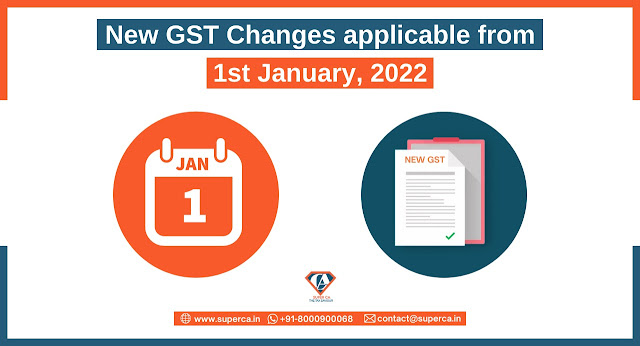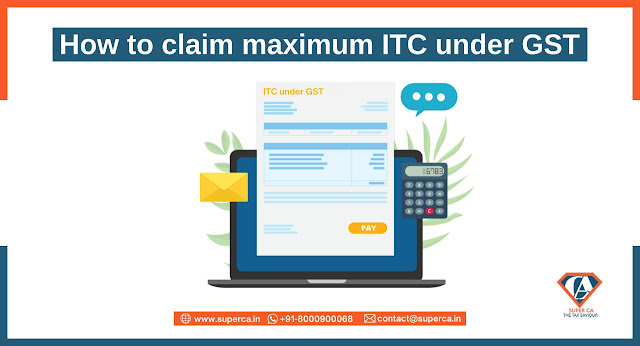New GST Changes applicable from 1st January 2022

The Central Board of Indirect Taxes and Customs (CBIC) has notified various changes in GST Law effective from January 1st, 2022. The GST regime will see a host of tax rates and a number of changes coming into effect from next year. From the tax burden shifting to e-commerce websites, food delivery platforms to consumer goods like footwear, clothes and textiles getting more expensive and blocking of GST return filing of GSTR 1 on non-filing of GSTR 3B, here are all the major GST tax norms that are going to change from 1st January 2022. New GST Burden On E-Commerce food delivery platforms. It was decided at the Goods and Services Tax Council meeting that E-Commerce food delivery platforms like Zomato and Swiggy, be made liable to pay tax on services provided through them. These food delivery apps will have to collect and deposit 5% GST with the government, in place of restaurants, for deliveries made by them. It was further notified that the restaurants will have to provide invoices...





